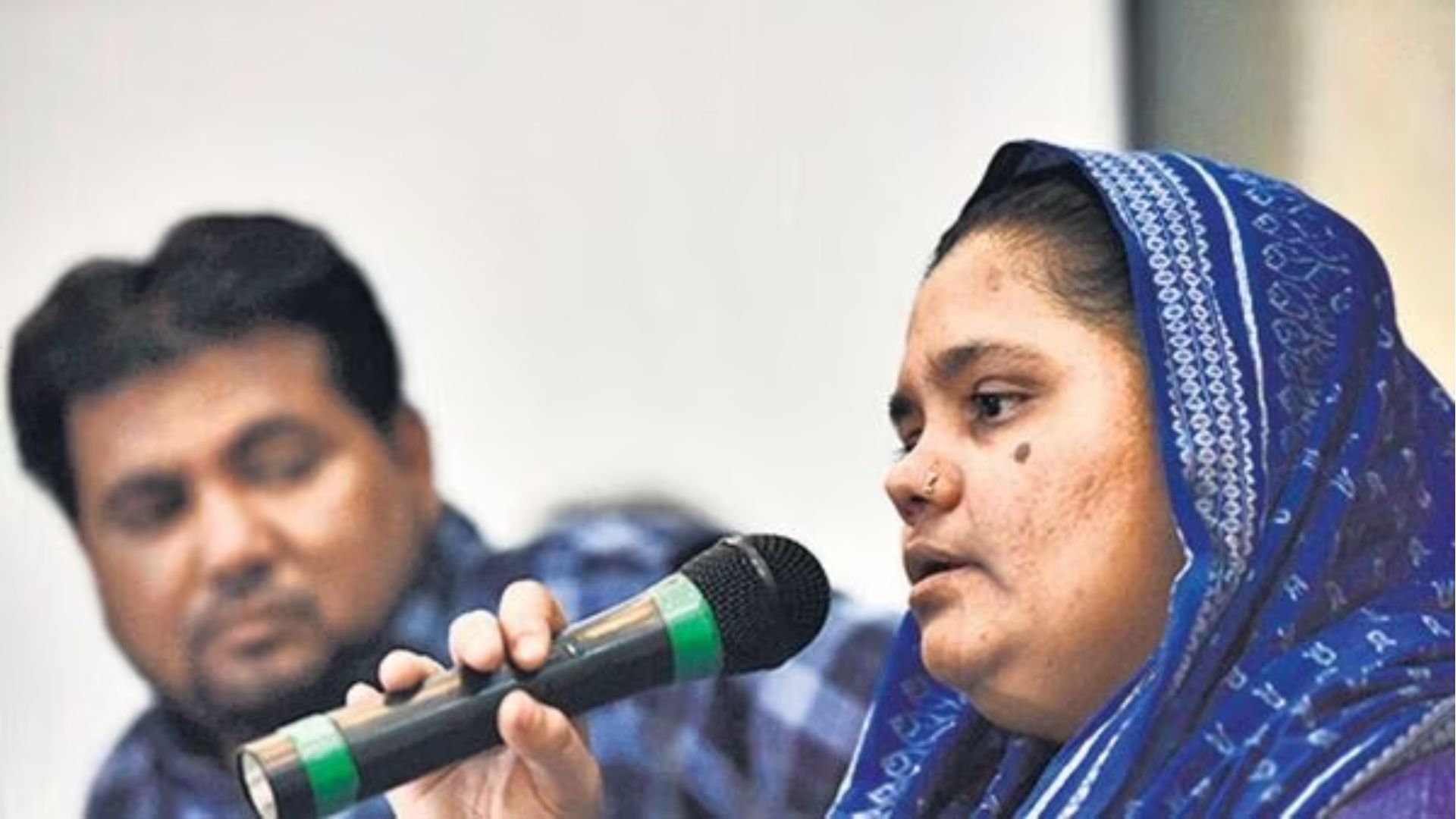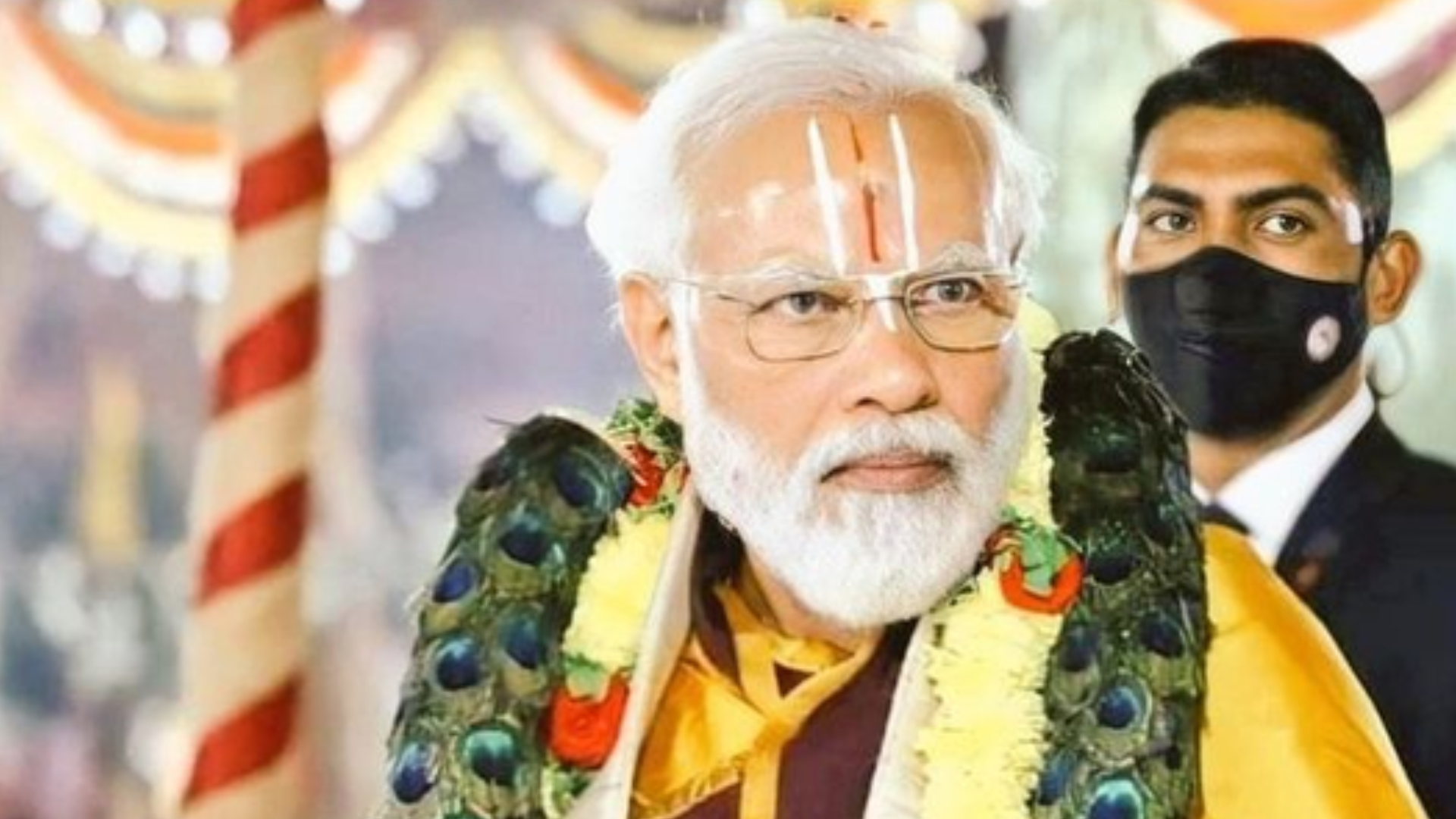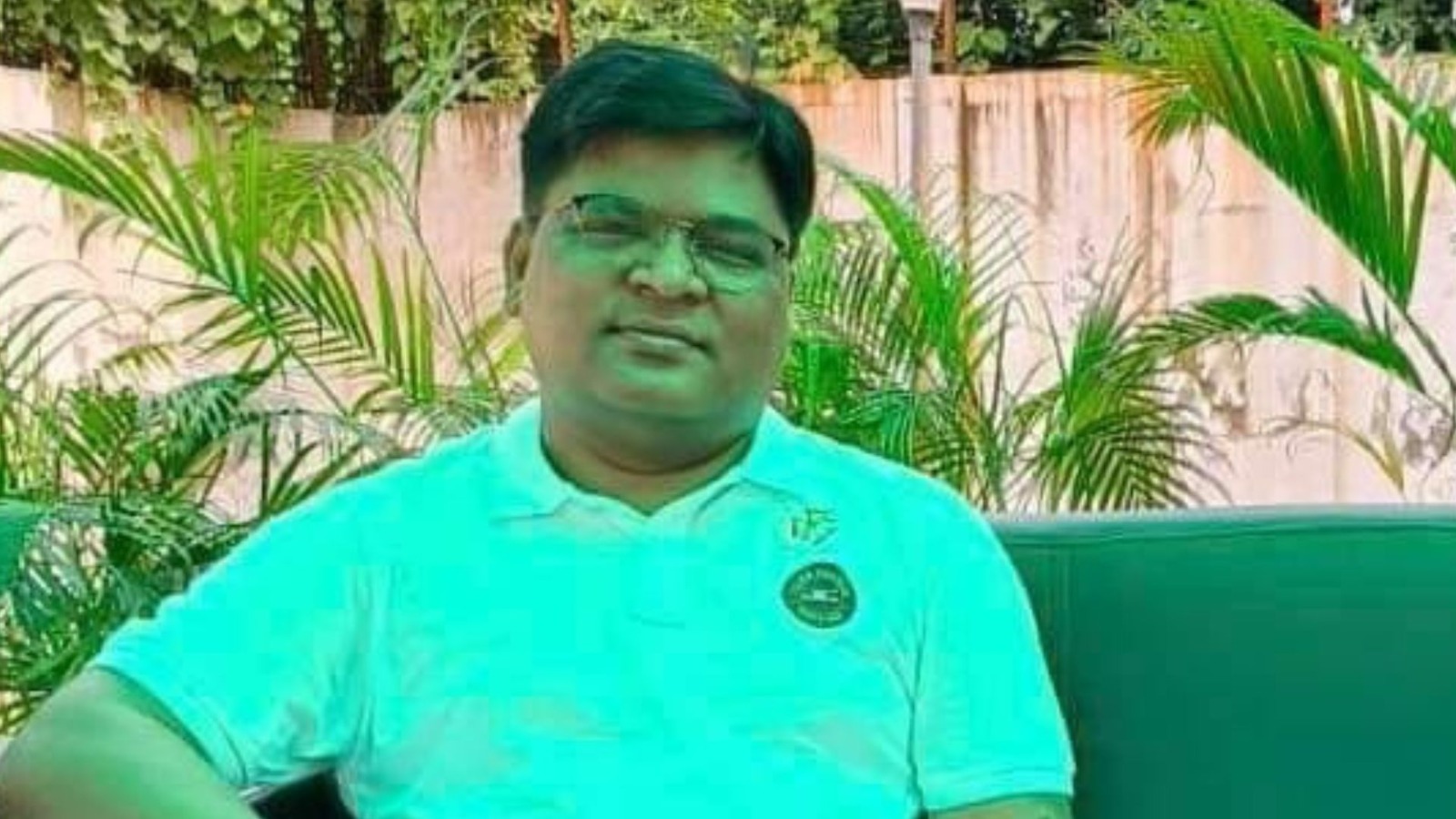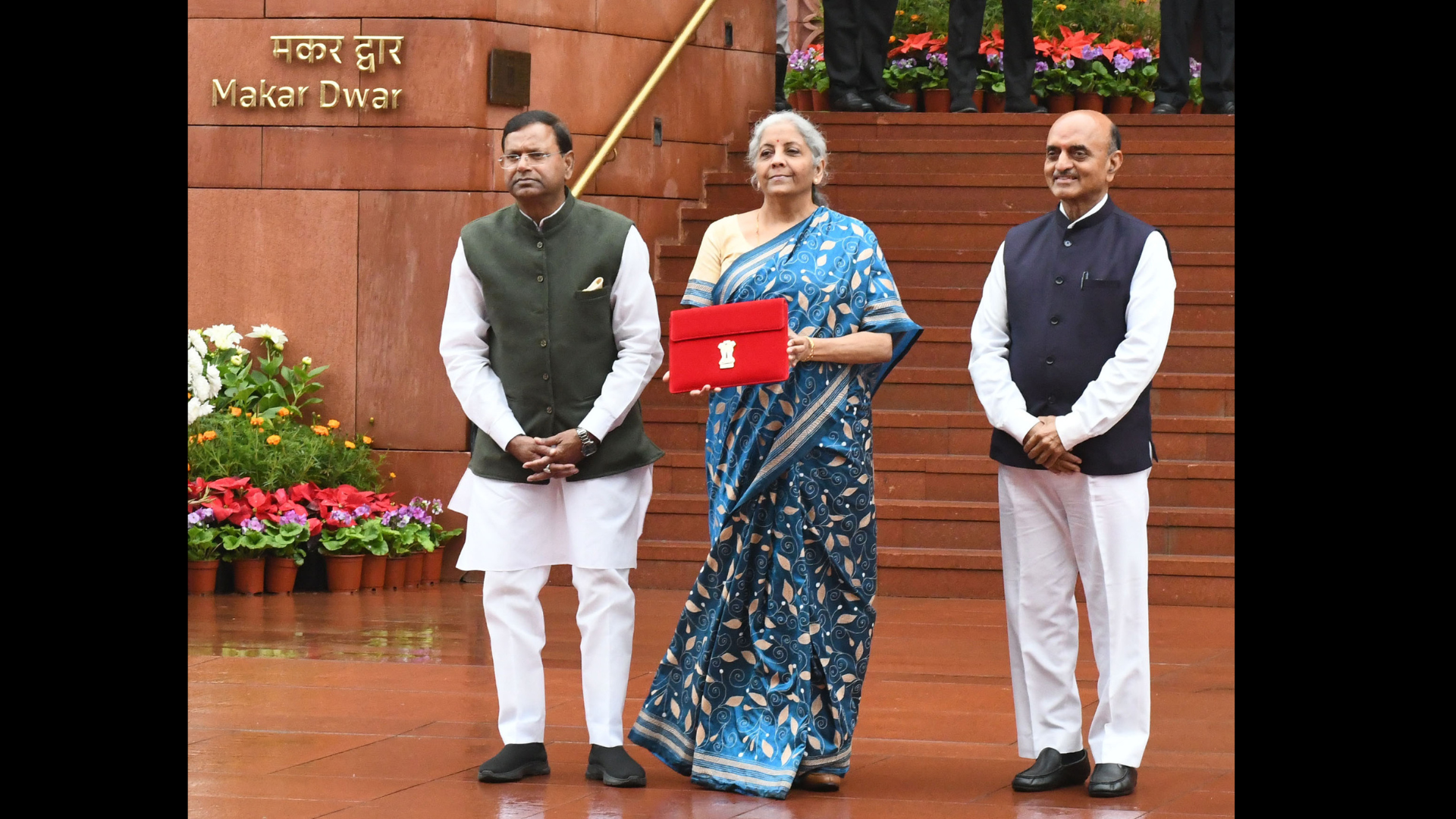While the Supreme Court judgment in the issue of the Gujarat government’s controversial decision to release 11 convicts serving life sentences for the gangrape of a pregnant woman in Gujarat in March 3, 2002, is still awaited, it will certainly clear all the haze over such decisions, Moreover, it is clear that the government decision might have been contrary to settled law.
To begin with, the Gujarat’s government’s own policy for remission and premature release of prisoners of January 23, 2014 clearly bars State Remission of the jail term or premature release of any convict if the convict falls in any of these categories: the offence for which he or she has been convicted was investigated by the CBI.
The case for which these 11 persons were convicted was investigated by the CBI on the orders of the Supreme Court, which had also directed that the trial be transferred from Gujarat to Maharashtra after the victim received death threats from the accused.
While the Gujarat Additional Chief Secretary (Home) Raj Kumar tried to justify the decision by asserting that the 11 convicts “have served a 14-year sentence in total” and that “according to law, a life term means a minimum period of 14 years after which the convict can apply for remission”.
“It is then the decision of the government to consider the application. Based on eligibility, prisoners are granted remission after the recommendation of the prison advisory committee as well as district legal authorities,” Kumar told The Indian Express.
What Kumar failed to acknowledge was that the Supreme Court’s judgment of November 20, 2012 in the case Sangeet versus State of Haryana – which has been repeatedly cited in the state government’s policy, clearly states that it was a “misconception that a prisoner serving a life sentence has an indefeasible right to release on completion of either fourteen years or twenty years imprisonment”.
“The prisoner has no such right. A convict undergoing life imprisonment is expected to remain in custody till the end of his life, subject to any remission granted by the appropriate Government under Section 432 of the Cr.P.C. which in turn is subject to the procedural checks in that Section and the substantive check in Section 433-A of the Cr.P.C,” the judgment says.
Not just this, even the Union Ministry of Home Affairs in a communication sent to all states and Union Territories on June 10 last year, sharing guidelines with regard to prisoner release policy to coincide with Azadi Ka Amrit Mahotsav categorically bars early release of a convict serving life sentence.
More importantly, rape convicts couldn’t have been granted release under this policy.
While the government can assert that the state government followed its policy of 1992 as per the Supreme Court’s directions in May, the fact remains that the decision runs contrary to the Centre’s communication. But, the question is, what will the court decide?




